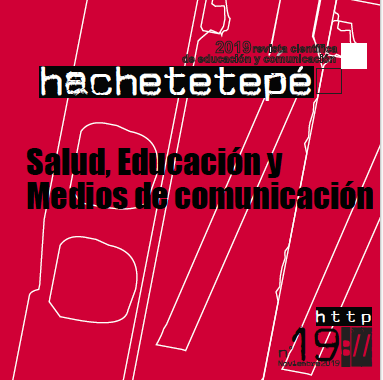Portraits of pregnant women of the Tabajara people. Photographing women's health knowledge in Aldeia do Forte

DOI
https://doi.org/10.25267/10.25267/Hachetetepe.2019.v2.i19.9Info
Abstract
This is a photo article that brings, in its set of images, a story of women from the indigenous tribe of the Potiguara people of Aldeia do Forte, from the small Brazilian city of Baía da Traição, located in the coastal region of northeastern Brazil. Faced with a brief textual reflection, the photographic essay reveals the colors, the force of rituals, the tradition and the popular knowledge of a people who resist and survive hundreds of years ago in Brazil. The power of these images is really in what they illustrate, in the women heirs of the native peoples of the country and who bring in their wombs those who already carry with them: the mission to continue surviving.
Keywords
Downloads
How to Cite
License

This work is licensed under a Creative Commons Attribution-NonCommercial-NoDerivatives 4.0 International License.
Those authors who have published with this journal, accept the following terms:
- They will retain their copyright and guarantee the journal the right to first publication of their work, which will simultaneously be subject to the Creative Commons Attribution License . They may be copied, used, disseminated, transmitted and publicly displayed, provided that the authorship, url, and magazine are cited, and are not used for commercial purposes. No derivative works are allowed.
- They may adopt other non-exclusive license agreements for the distribution of the published version of the work (e.g., deposit it in an institutional telematic archive or publish it in a monographic volume) provided that the initial publication in this journal is indicated.
- Disseminate your work through the Internet (e.g., in institutional telematic archives or on your website) once the manuscript is accepted, which may lead to interesting exchanges and increased citations of the published work. (See The effect of open access).
Hachetetepé. Scientific journal of education and communication does not charge a fee for the submission of manuscripts or for the publication of its articles.
References
As guerras das Conquistas (2018). En Guerras do Brasil. Dirección: Luiz Bolognesi. Documentário. Netflix Brasil. 27 minutos. Disponible en: https://www.netflix.com/br/title/81091385
Da Silva, A. J. (2016). A Baía que traiu Portugal. Guaratinguetá, SP: Penalux.
O renascimento do parto (2013). Dirección: Eduardo Chauvet. Documentário. Brasil. 1hora y 30 minutos. Disponible en: https://www.netflix.com/br/title/80995575
Ribeiro, D. (2017). O que é lugar de fala? Belo Horizonte: Letramento: Justificando.
Santos, Boaventura de Sousa; Meneses, M. P. (Orgs.) (2010). Epistemologias do Sul. São Paulo: Cortez.
UNESCO (2016). Educação 2030 - Marco de Ação: Rumo a uma educação de qualidade inclusiva e equitativa e à educação ao longo da vida para todos. Brasília: UNESCO-Brasil.





